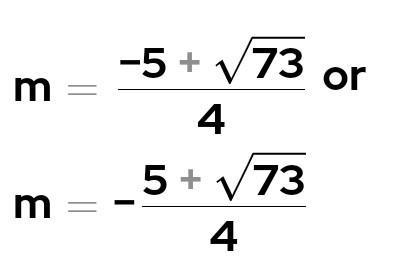Answer:
1. Define a Question to Investigate
— As scientists conduct their research, they make observations and collect data. The observations and data often lead them to ask why something is the way it is. Scientists pursue answers to these questions in order to continue with their research. Once scientists have a good question to investigate, they begin to think of ways to answer it.
2. Make Predictions
— Based on their research and observations, scientists will often come up with a hypothesis. A hypothesis is a possible answer to a question. It is based on: their own observations, existing theories, and information they gather from other sources. Scientists use their hypothesis to make a prediction, a testable statement that describes what they think the outcome of an investigation will be.
3. Gather Data
— Evidence is needed to test the prediction. There are several strategies for collecting evidence, or data. Scientists can gather their data by observing the natural world, performing an experiment in a laboratory, or by running a model. Scientists decide what strategy to use, often combining strategies. Then they plan a procedure and gather their data. They make sure the procedure can be repeated, so that other scientists can evaluate their findings.
4. Analyze the Data
— Scientists organize their data in tables, graphs, or diagrams. If possible, they include relevant data from other sources. They look for patterns that show connections between important variables in the hypothesis they are testing.
5. Draw Conclusions
— Based on whether or not their prediction came true, scientists can then decide whether the evidence clearly supports or does not support the hypothesis. If the results are not clear, they must rethink their procedure. If the results are clear, scientists write up their fi ndings and results to share with others. The conclusions they draw usually lead to new questions to pursue.
6. Perform research
— With your question formulated, conduct preliminary background. To prepare yourself for the experiment. You can find information through online searches or in your local library, depending on the question you are asking and the nature of the background data. You may also find previous studies and experiments that can help with your process and conclusions.
In this case, you might start by reviewing previous scientific studies for animal experiments related to their reactions to music. Key to finding pertinent information might be looking at studies about animal behavior concerning art or domestic animals directly affected by music.
7. Establish your hypothesis
— A hypothesis is an educated guess that seeks to answer a question that can be systematically tested. Your hypothesis should also include your predictions that you can measure through experimentation and research.
Example: Based on your research, you start to fine-tune your thoughts about what will probably happen: “If I play classical music, my dog and cat will remain in the room with me. If I play rock-and-roll music, my dog and cat will leave the room.”

